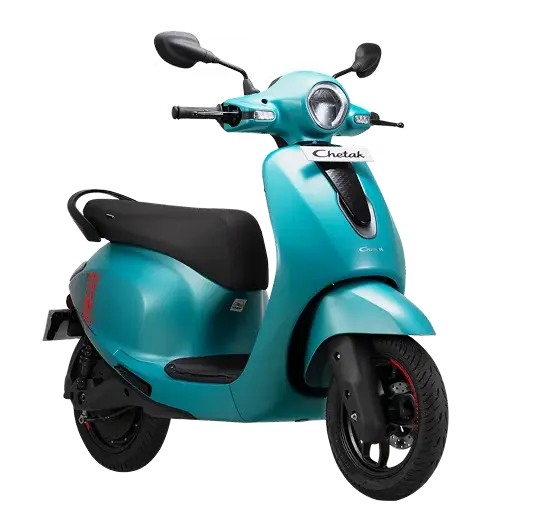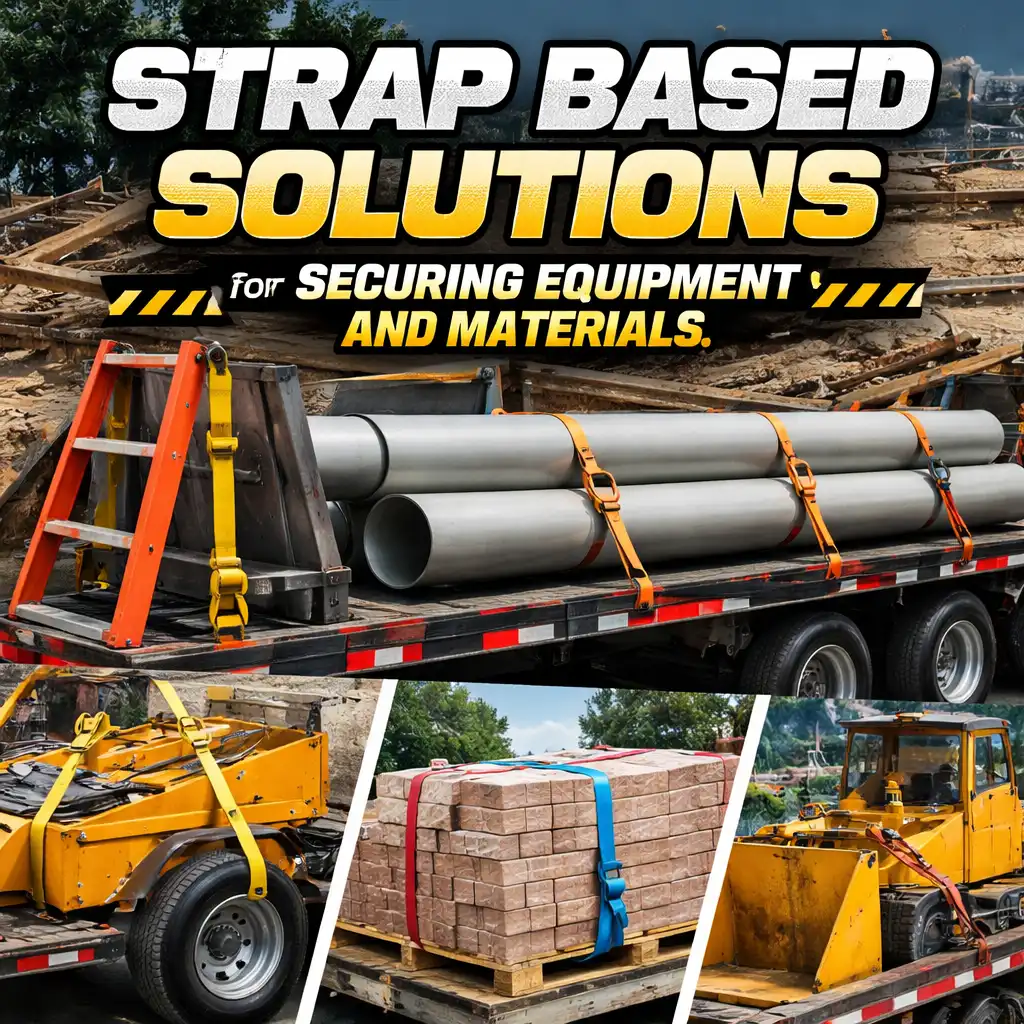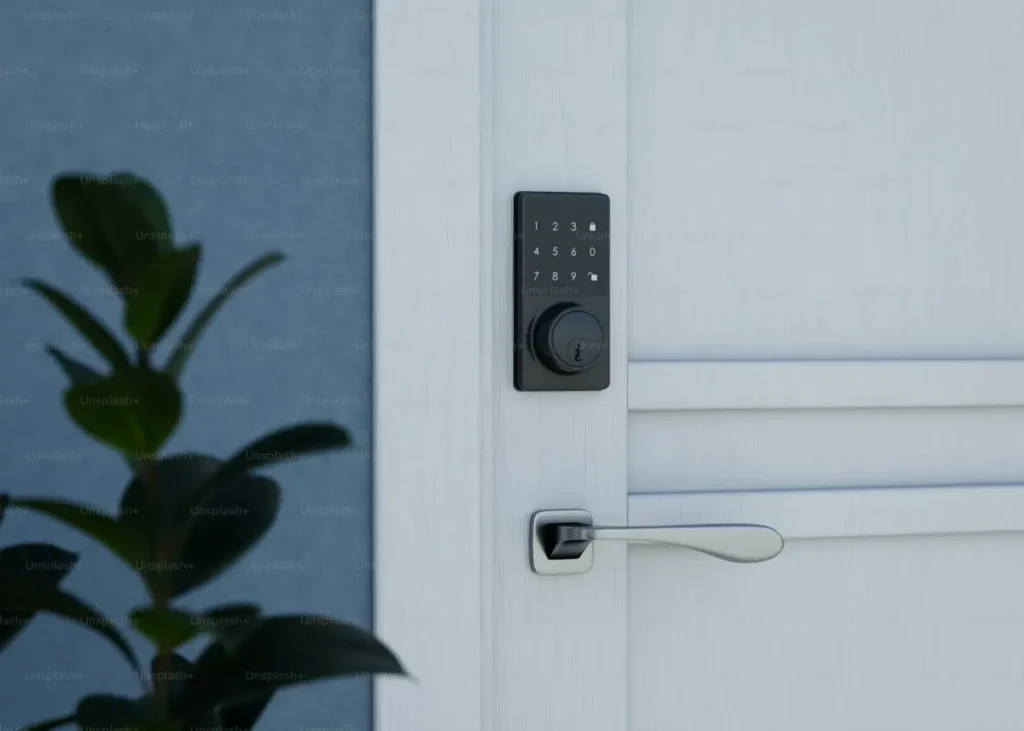Child custody can be a challenging issue to handle during divorce. To find an amicable solution, many parents turn to mediation, a dispute resolution method that involves a third party known as a mediator. Usually, the mediator is an experienced divorce attorney or a retired judge.
The mediator can help both parties find a suitable parenting plan to raise kids. But before you kick start child custody mediation and agree to a parenting plan, here are some vital things you should consider addressing.
Child Support
Child support is crucial to child custody arrangements, ensuring the child’s financial well-being. It involves one parent making regular payments to the other to contribute to the child’s expenses, such as education, healthcare, and basic necessities.
Determining child support can be complex, considering factors like parents’ incomes, the child’s needs, and the custody arrangement. Mediation provides a platform for each party to discuss and agree upon a fair and reasonable child support plan, promoting financial stability and the child’s overall welfare. Open dialogue and cooperation are vital to reaching a sustainable and equitable child support arrangement.
Discipline and Other Key Decisions
A child’s discipline helps shape their upbringing. Parents may want to know how to approach disciplinary actions and other vital decisions during child custody mediation.
Both parties should discuss their approach to discipline, setting boundaries, and enforcing rules to ensure consistency for the child across both households. Agreeing on these issues can help avoid confusion or conflict as the child moves between homes.
Additionally, parents should address other key decisions, such as healthcare and education. These decisions may include the choice of pediatrician or school, participation in extracurricular activities, and religious upbringing. Each parent should consider the child’s interests, needs, and preferences when making vital decisions.
Child Custody
Child custody is a significant issue to address during mediation. Mediation offers a chance to discuss various types of custody, including legal, physical, sole, and joint custody.
Legal custody entails deciding on a child’s education, healthcare, and other vital issues, while physical custody determines where the child will live. One parent gets legal and physical custody in a sole custody arrangement. On the other hand, joint custody gives both parents equal decision-making power and time spent with the child. To navigate these complex custody arrangements and ensure your rights are protected, it’s crucial to consult with the best divorce lawyers who can provide expert guidance throughout the process.
Parents should agree to a custody plan that serves the child’s best interests. They should be guided by factors such as the child’s age, school location, daily routine, and interests.
Holidays, Birthdays, and Other Special Occasions
Child custody mediation should also address how parents handle holidays, birthdays, vacations, and other special occasions. These events hold significant emotional value for children.
Ideally, parents should consider rotating holidays or finding ways to split time to allow each of them the opportunity to celebrate special occasions with their child. This may involve alternating holidays each year or finding a schedule accommodating both parents’ preferences and traditions.
Birthdays are another essential event to address. Parents should discuss how they will share the child’s birthday, whether it be through joint celebrations or separate gatherings. Considering the child’s wishes and creating an arrangement that fosters positive experiences on their special day is crucial.
Visitation Schedule
A visitation schedule outlines when and how a non-custodial guardian can spend time with their child after divorce or separation. A consistent and predictable schedule can greatly benefit the child’s emotional well-being. A well-structured plan should consider interests, school, schedule, and age.
Flexibility is also essential in visitation schedules, as unforeseen circumstances may arise. So, parents should discuss how to handle changes in the schedule and develop a process for communication and mutual agreement on modifications.
Finding the Best Child Custody Mediator
“Child custody mediation can be a complex and emotionally charged process. To ensure the best possible outcome, finding a child custody mediator that aligns with your values is crucial,” says attorney Shawna Woods of Atlanta Divorce Law Group.
Choose a legal expert with experience in family law and child custody matters. This could be an attorney who has successfully handled cases like yours or a professional mediator specializing in child custody disputes.
An excellent child custody mediator should be neutral, unbiased, and dedicated to helping parents reach a fair and sustainable agreement. They should facilitate open communication between both parties and guide them to a solution to the critical issues discussed above.






